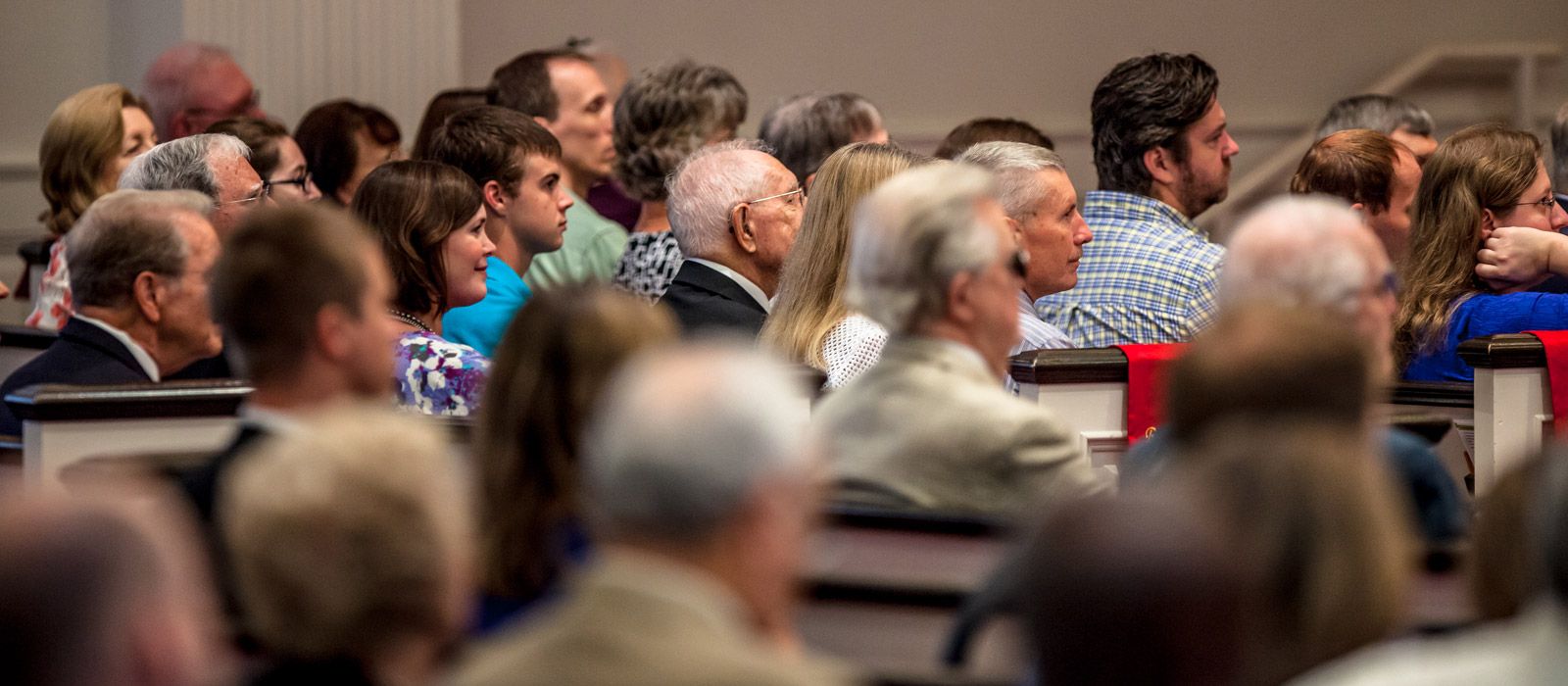
Fasting – part 4
I’ve always thought of fasting as sort of the discipline of last resort. If I can’t figure out what to do, or if I’m going through a difficult time, fasting is the last ditch effort on the part of the Christian. I’ve learned differently. As Scot McKnight suggests in an article on fasting, we don’t fast to get anything out of God. We fast because this is what it means to be in a relationship with God.
McKnight suggests that the discipline of fasting has turned into an instrument of growth; that God wants us to fast (A), so we fast (B), and then we learn something or get something out of it (C). It becomes a formula; A leads to B which leads to C. In this way, fasting just becomes another means of focusing on ourselves.
Instead, as McKnight suggests, we turn to God in fasting because this is one of the ways we turn to God. The Old Testament prophet, Daniel, fasted because that’s how he turned to God during a time of sin and despair. He didn’t fast to become healthier or go on a diet. He fasted because he wanted to obey God. Paul expressed in Philippians, “I know what it’s like to be hungry.” Whether it was self-imposed or circumstances-imposed, Paul fasted. I’m not sure if he liked it, but he certainly was content. He didn’t fast so that he could sing better; he was just hungry. Daniel didn’t fast so he could lose weight, or become more spiritual. He just turned to God through fasting.
Scot McKnight says, that through fasting we “face ourselves before God, who pronounces death on sin…. We see that same Crucified and Raised One ascend to the right hand of the Father where he reigns until all enemies have been put under his foot.” No meal can satisfy that hunger.
Scot McKnight will be our speaker for Connections Weekend February 6-7.

